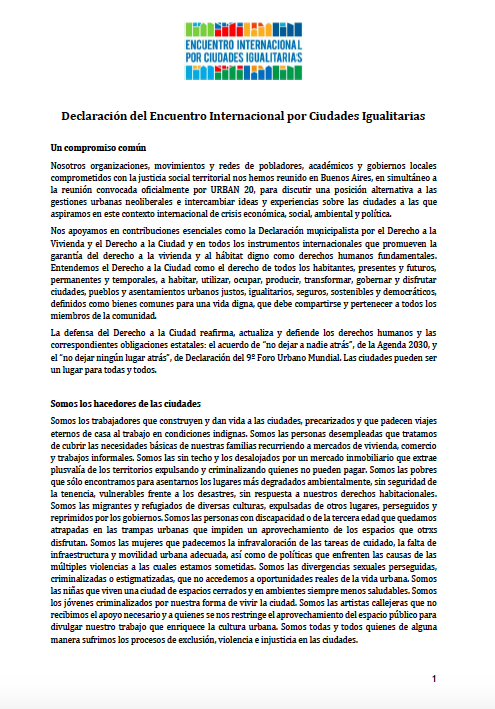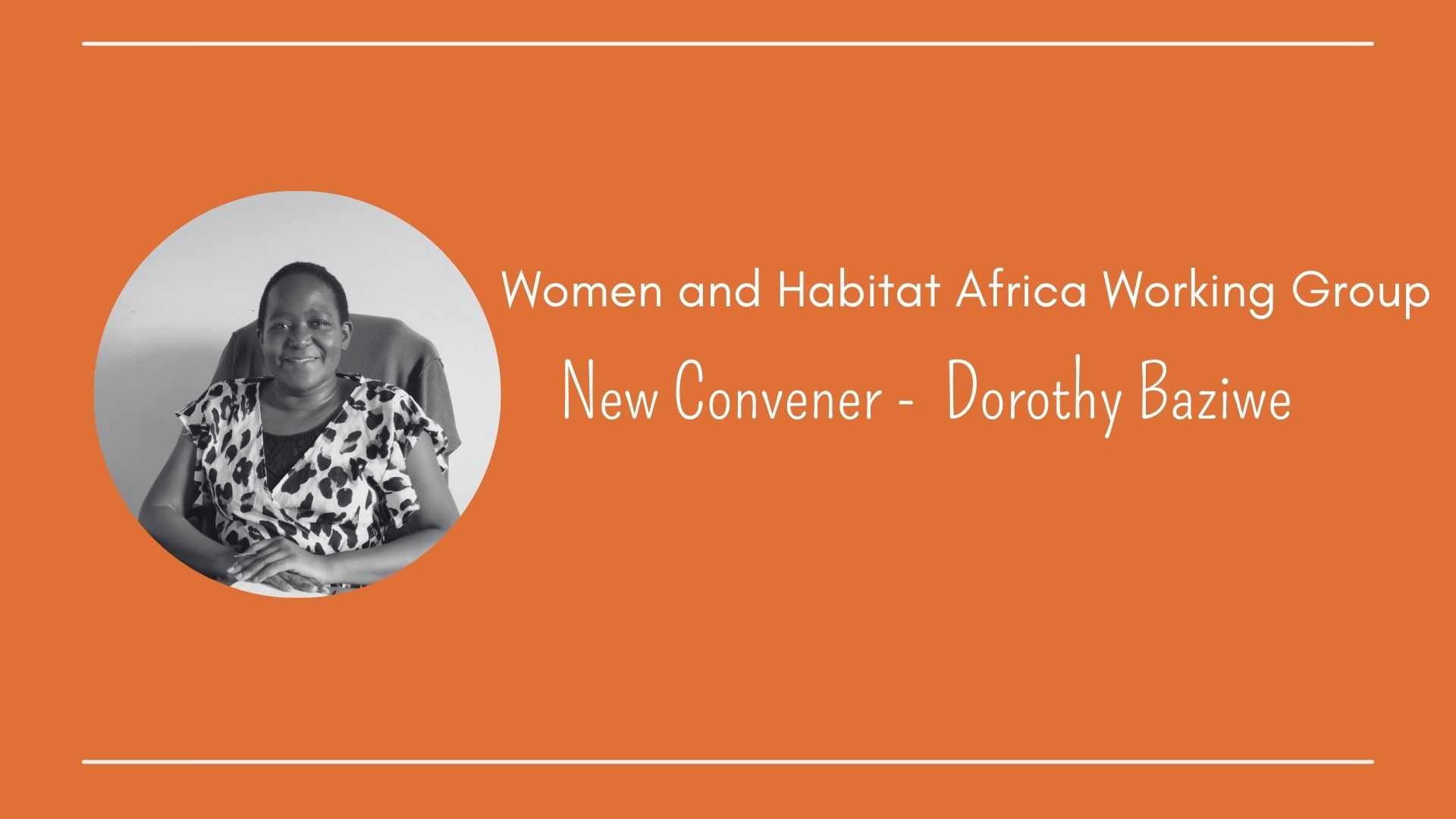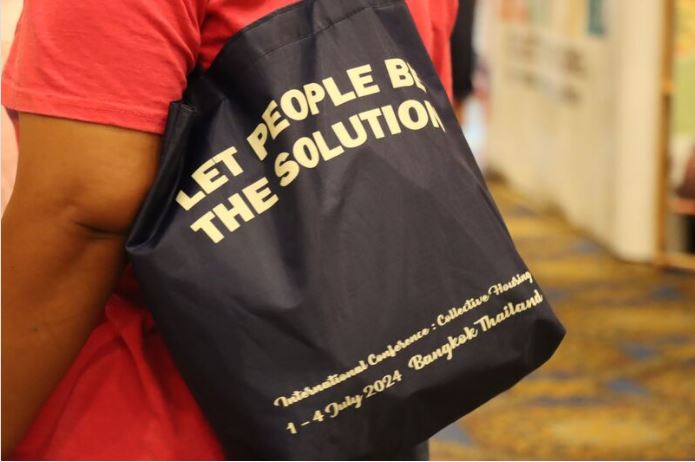Since early 90ies “social housing companies in Germany which are owned by public entities have been under permanent pressure to get privatized by selling the publicly owned shares or big parts of their housing stocks. Reasons mainly were the high deficits in public budgets.
In many of the cases campaigning and political action was undertaken to stop the privatization or manage it in a more socially orientated way. At local levels a couple of local coalitions were quite successful with referendums against privatization of public housing. As a consequence privatization of public housing became a politically highly controversial issue.
Most recently, in spite of this success, public budget deficits as well as neo-liberal policies and the high interest of international financial investors in German housing stocks gave reason to an emerging privatization trend. Again a couple of coalitions and referendums try to mobilize public opinion in order to stop the privatization plans and defend the remaining stock of about 3 million housing units which still are under pubic control.
At the moment, the most important of these movements is a country-wide mass petition in the federated state of North-Rhine-Westphalia (NRW) against the sale of the NRW-owned Landesentwicklungsgesellschaft (LEG) which controls more than 100.000 housing units.
Context
By PUBLIC HOUSING in Germany we nowadays understand a juridical private housing company which is controlled by public entities like public services companies, public banks or pension funds, the state levels or especially municipalities. The business of these companies concentrates on the provision of housing, mostly on rental housing. The public control is guaranteed through a majority of shares owned by the public share holders and their representation in the general assembly and the board of the companies.
Even after the massive sales of the last years the number of housing units which are owned by public institutions is approximately 3 million housing units in total. This makes about 8 % of the total housing stock in Germany. But the importance is much higher than that figure shows. Nearly 40 % of the German housing stock is owner-occupied, another 6 % are controlled by housing co-operatives, and 27% are owned by smaller landlords. The public housing sector has a very significant influence on the rented housing sector, especially on rents. The most important part of the public housing sector by quantitative means is the sector of municipal housing companies, local landlords which are owned by the municipality. The total number is approximately 2,6 million housing units.




